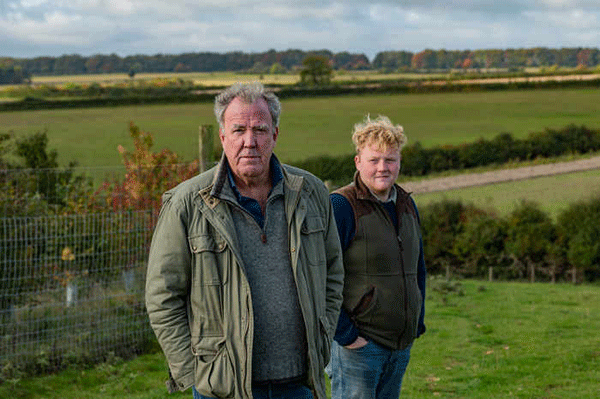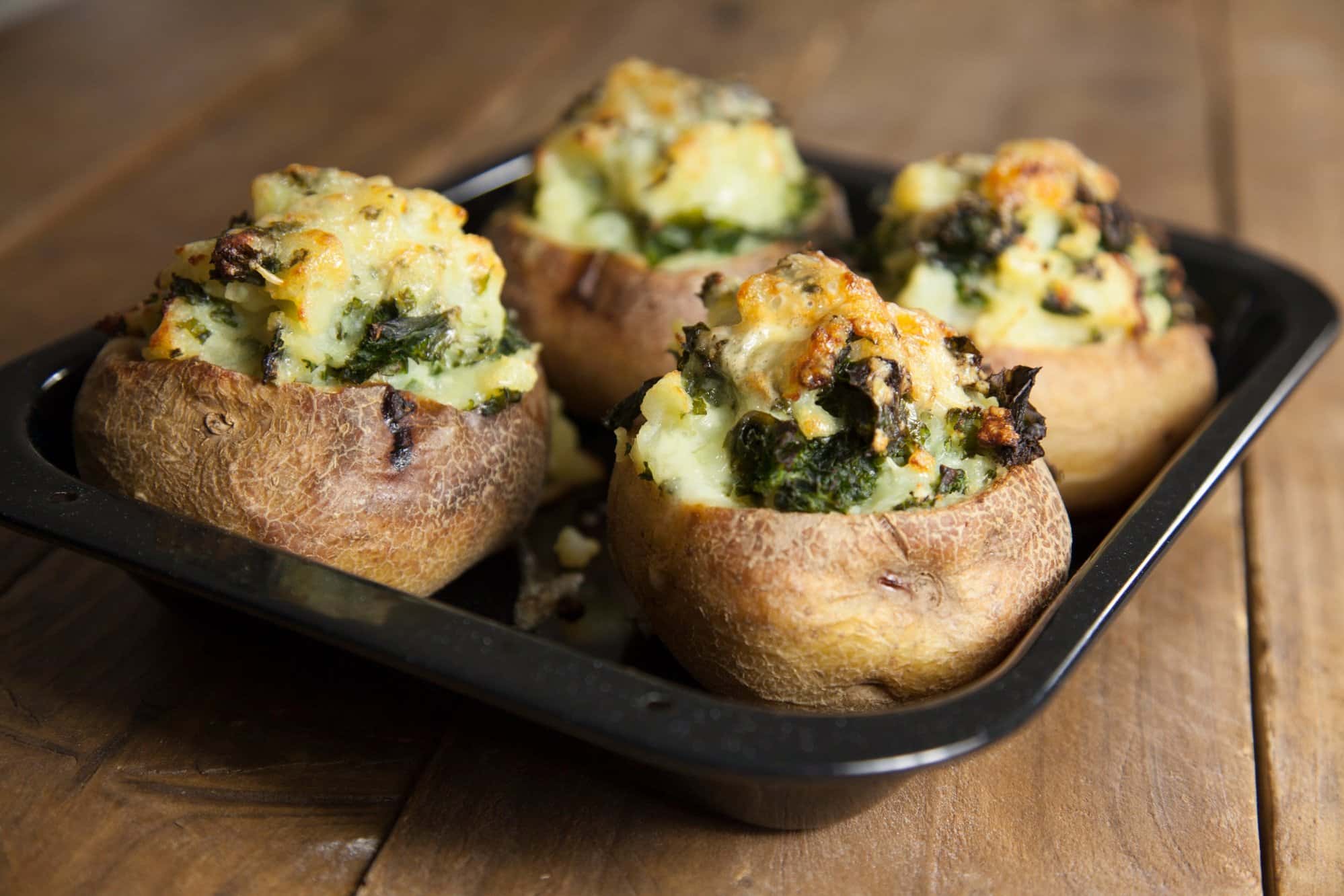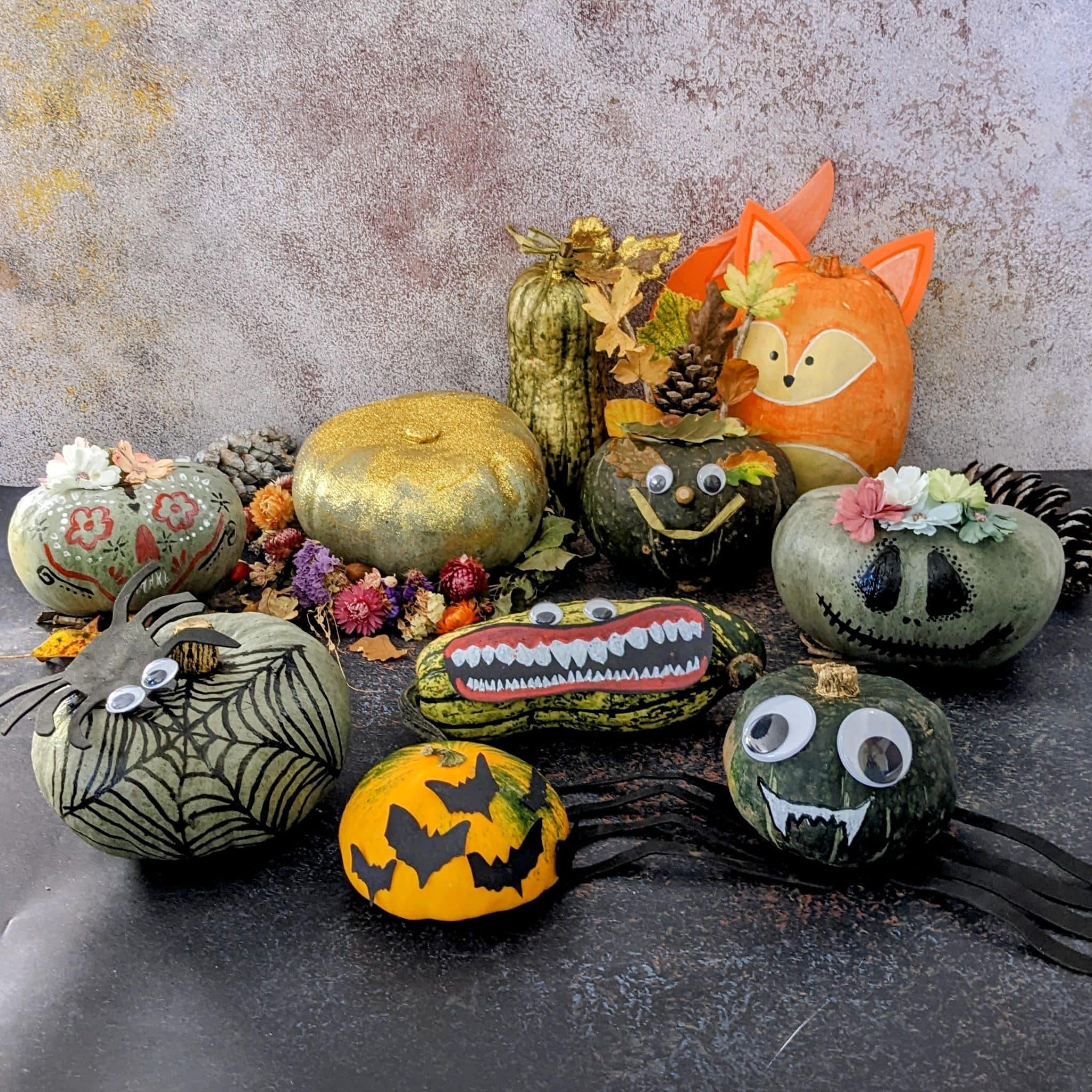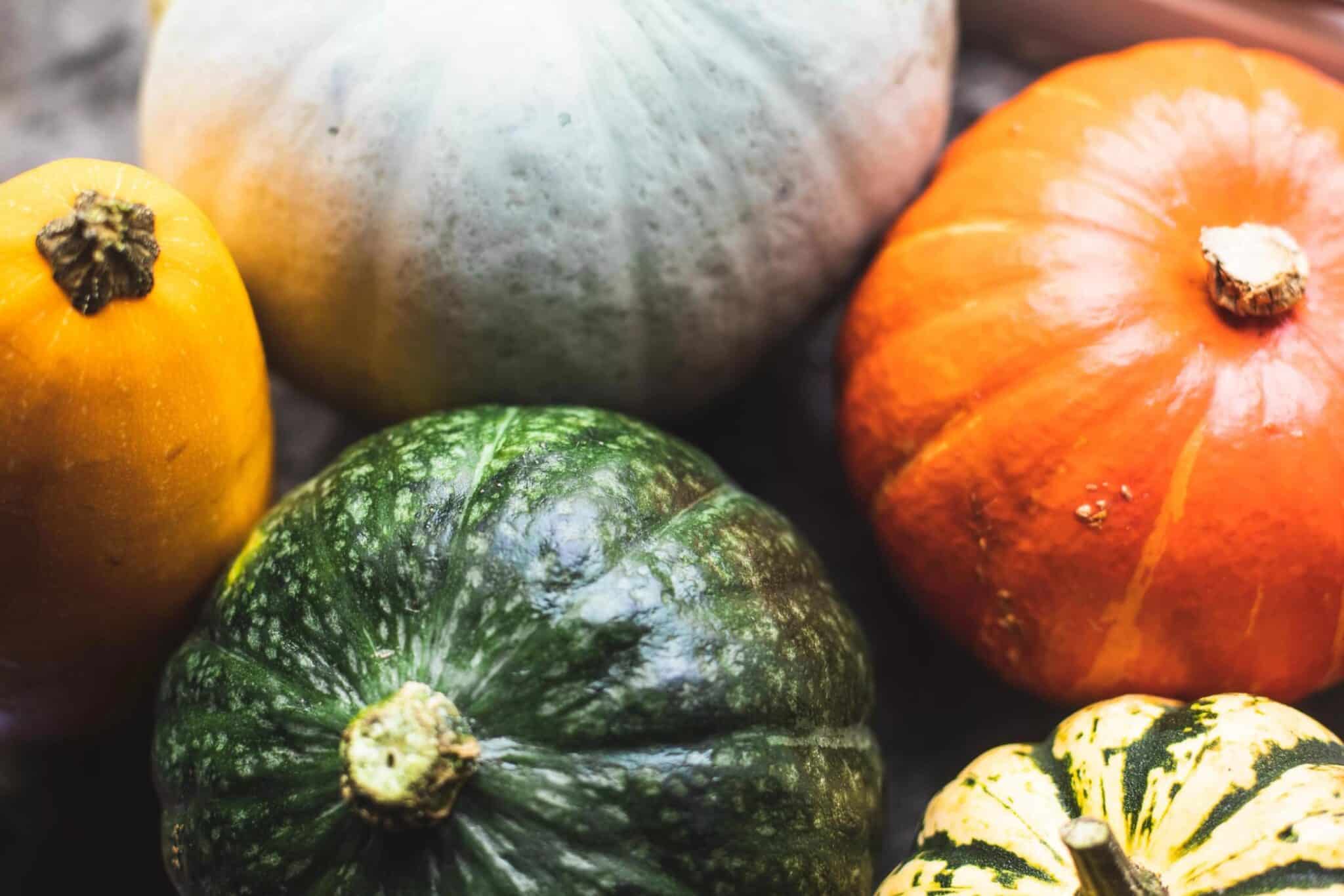Lots of people are talking about the new Amazon Prime series, Clarkson’s Farm, where Top Gear’s Jeremy Clarkson boldly attempts to run a 1,000-acre farm in the Cotswolds, appropriately named ‘Diddly Squat Farm’, to indicate just how much he knows about farming.
The series follows Clarkson over a whole year of farming, starting with him preparing to plant arable crops on the majority of the farm, including barley, wheat and rape.
Within the first episode, it’s clear that farming is no easy job, highlighting the long 18-20 hour-days, weather disruptions (six weeks of rain and flooding meant no planting for six weeks), the extremely expensive equipment needed, and the resulting stress. Clarkson appears to take it all in his stride and while he has advice from a farm consultant, Charlie, and help from a young, local farm worker Kaleb, he puts in the long days and does the work himself.
The plan is to make the farm a mix of crops and livestock, so off Clarkson heads to buy a herd of 80 sheep, to breed for lamb and keep the grass short in non-productive fields. Whether you are a fan of Clarkson (who presents Amazon’s The Grand Tour) or not, most people would agree he is not known for his soft side, which is what makes his sheep-rearing journey surprising, showing a compassionate side to him where he clearly cares for the sheep and new lambs, even delivering them himself.
But what is perhaps even more surprising, as someone who is famous for driving fast, powerful petrol-guzzling engines across the world, are his plans to rewild parts of the farm for environmental reasons. Clarkson acknowledges the biodiversity crisis, and the part farming plays in it, and sets to work making hedgerows and woodlands more attractive to wildlife, building ponds and leaving areas wild to create wildlife havens, or what he calls ‘biological supermarkets’. All for the viewer’s vote? Who knows, but it’s great to see.
The eight-episode series ends a year on, and he and Charlie sit down to look at the sums. Due to the weather, the farm ends up £90,000 down on the previous year (equivalent to 40 per cent), and after the costs are taken out, he makes a mere £144 profit.
Of course, Clarkson’s multi-million pound TV fortune means he is well protected from living off such an income long-term. But the same cannot be said of the everyday British farmer.
Their sobering conversation highlights how vulnerable farmers are to circumstances outside of their control (weather and pest damage), and how much they rely on government subsides, which are due to change now that we have left Europe. Charlie predicts we may lose 30 per cent of farmers in the UK, who can no longer make it work financially.

Despite the disappointment, Clarkson concludes that the last year has been brilliant, and that he has never been happier at work: “I became a shepherd, a tractor driver, a farm shop keeper, a key worker, a midwife, an engineer, and a conservationist… But could I really go through the whole cycle again for less than 40 pence a day?”.
While the show is very entertaining and has a good balance of humour, silliness and seriousness, perhaps what it does best is provides an eye-opening account of the reality of farming in the UK, and the work our farmers do to put food on our tables. Top Gear was one of those shows where the whole family could sit down to watch, regardless of whether they were interested in cars or not, and this show offers the same: you don’t need to be interested in farming to enjoy it, which means millions of people will undoubtedly learn and take away a new appreciation of farmers after watching.
Clarkson is surprisingly likeable, but perhaps the real hero of the show is 21-year-old Kaleb, a local farmer who has only left the Cotswolds to go on a school trip to London, in which he was too nervous to get off the coach. If nothing else, he alone is worth watching it for.
Clarkson’s Farm is streaming now on Amazon.












Well, who would have thought it! All praise to him for revealing what farming is all about, and what hard graft it is for some!
I agree, this is well worth watching – revealing as much about Clarkson as farming. My favourite character is Gerald, the stone-waller.